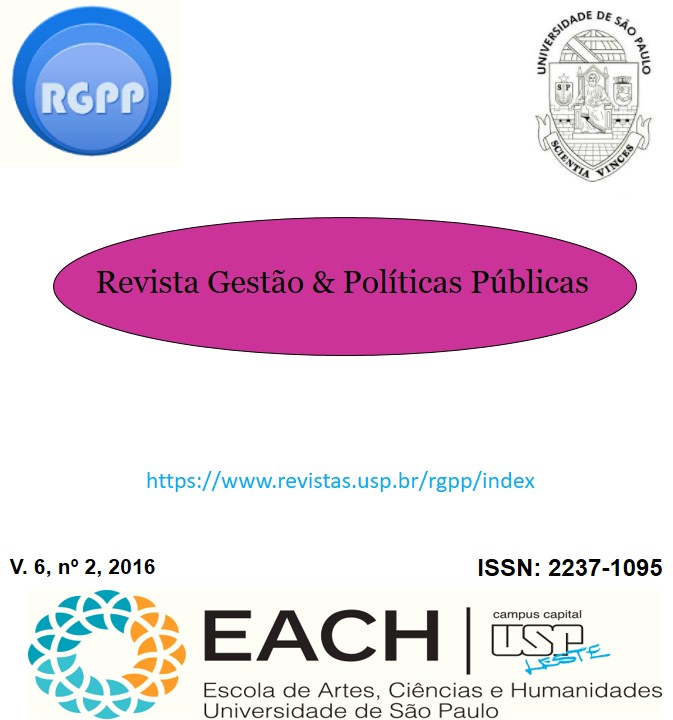Environmental Law and Sustainable Tourism: critical analysis between environmental ethics and interests in relation to non-human animal life
DOI:
https://doi.org/10.11606/issn.2237-1095.v6p187-200Keywords:
environmental law, sustainable tourism, environmental ethics, sustainability, non-human.Abstract
ABSTRACT
This study aims to investigate the exploitation of animal life in tourism observed in certain tourist destinations, such as Jenipabu/RN, which uses dromedaries from the Canary Islands in ethical mismatch. As observed hypotheses, tourism as an economic activity does not share the parameters associated with the preservation of life and sustainability and the use of animals in tourism comes to constitute the reproduction of cases related to the exploitation and violation of animal rights, non-human lives. It is analyzed the evaluation of tourism development of a destination that uses nonhuman life in this activity in certain regions of Brazil. Through exploratory research and qualitative method, it investigates the bibliography, original documentation and articles that address sustainability parameters in Brazilian Environmental Law and tourism, through which it was diagnosed a sustainable development mean for the sector, since this activity tends to reach a factor of preservation of the fauna by contributing to conservation funds. As preliminary conclusion, it is stated that tourism planning needs to share guidelines to ensure the maintenance of animal life for inspection by the responsible agencies, particularly in organizations that use animals in their routine activities, and to encourage the creation and participation of multiple actors in courses of environmental education by promoting parameters of awareness of the maintenance and conservation of non-human life.
Keywords: environmental law; sustainable tourism; environmental ethics; sustainability; non-human.
Downloads
Downloads
Published
Issue
Section
License
Copyright (c) 2016 Revista Gestão & Políticas Públicas

This work is licensed under a Creative Commons Attribution-NonCommercial-ShareAlike 4.0 International License.
The RG&PP follows the Creative Commons (CC BY) standard, which allows remix, adaptation and creation of works derived from the original, even for commercial purposes. The new works must mention the author(s) in the credits.
The RG&PP uses the software of content similarity check - plagiarism (Crossref Similarity Check) in articles submitted to the journal.






